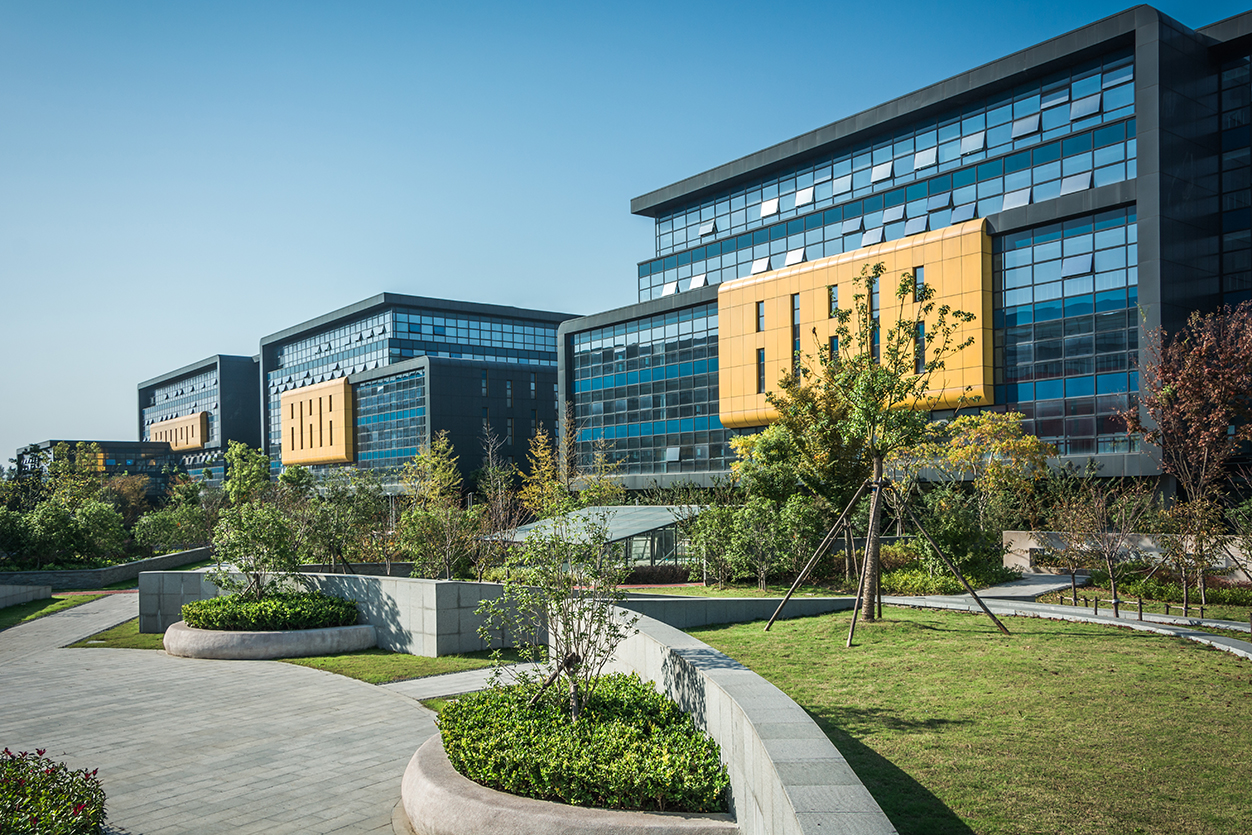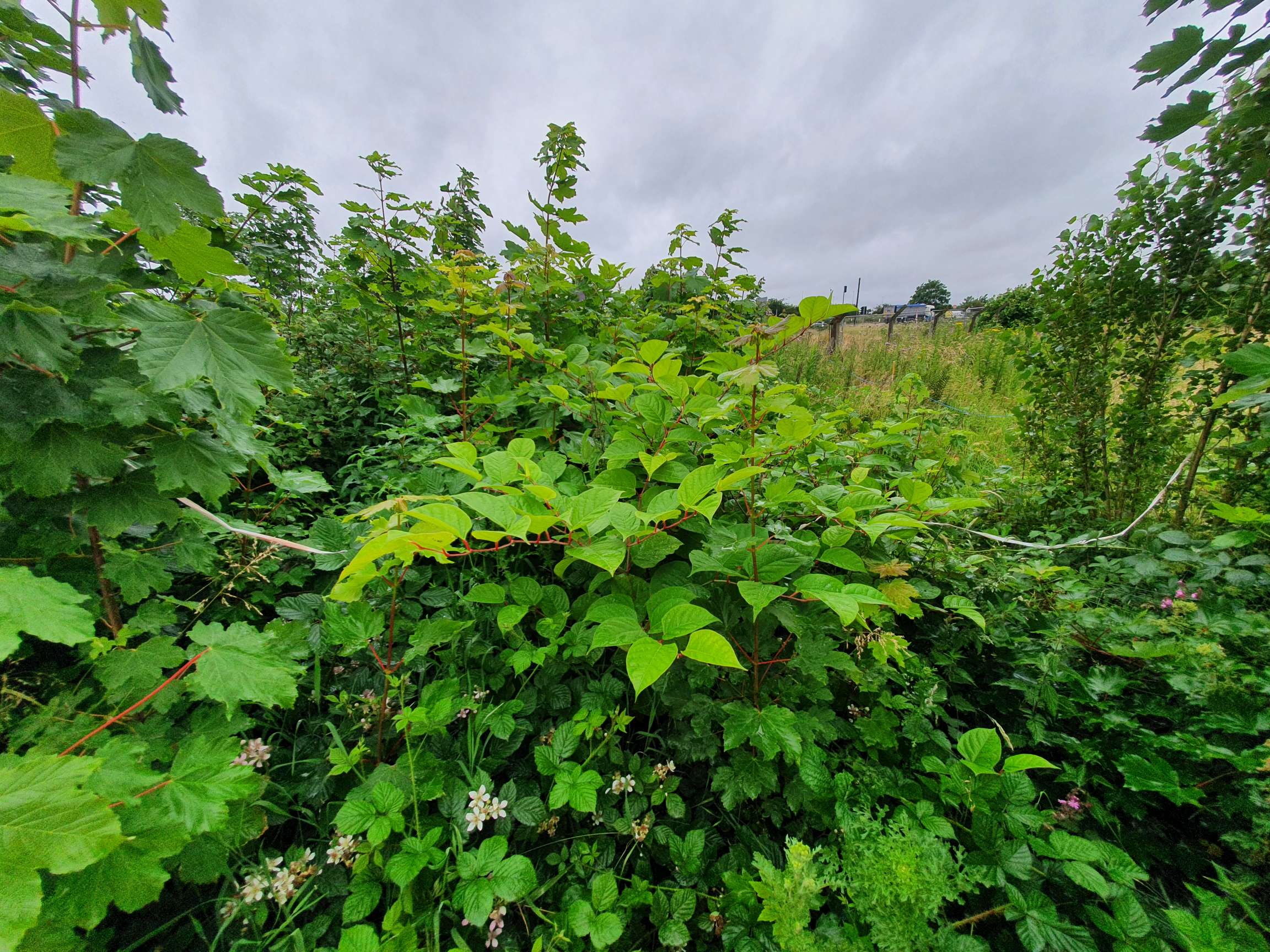
Fully Compliant at all times
The information on this page explains why we treat urban areas to control Japanese knotweed infestations and to give you complete assurance of our commitment to safety whilst we are operating in public spaces.
ensuring Public safety
The popular herbicide to treat Japanese knotweed is Glyphosate, this has many trade names, but only certain Glyphosate based products are approved for amenity use and namely when required to be used on or near hard surfaces. If you have seen us using a herbicide spray either on foot or on a quadbike and wonder why we are doing this, and whether you’re in danger, the following points and links to more information should put your mind at ease:
- We carry out all spraying contracts following the latest legislation and government guidelines.
- We follow our own Code of Practice and Best Practice Guidelines
- We ensure health and safety guidelines are always adhered to
- All herbicides used are approved by our BASIS certified Specialist Advisory Manager
- We follow the Amenity Forum’s “10 Golden Rules” which ensures best practice for herbicide usage
More details can be found in our Public & Environmental Safety document which you can download by clicking the image, also see our FAQs page.
WHY WE TREAT knotweed in public or URBAN AREAS
Japanese knotweed growth can appear near or next to public or urban areas such as public footpaths, highways, roads, play parks and amenity facilities. It is not just unsightly it can result in damage to the infrastructure or surfaces. Public safety is ensured by legally enforceable conditions of herbicide use which are imposed on the way products can be applied to ensure the public are not exposed to levels of pesticides that would harm health or have unacceptable effects on the environment.
Pesticides in amenity areas are always used responsibly and only as part of an integrated programme of control. They can help deliver substantial benefits for society which include management or improvement of public open spaces, reduce flood risks, increase access to sporting facilities and industrial sites and remove knotweed issues for transport/rail infrastructure.
WHAT IS A PESTICIDE
The Cardiff Study completed in 2019 contains the final project report for testing and evaluation of pavement weed control methods by Advanced Invasives on behalf of Cardiff Council. It states:
Pesticides are a broad group of chemicals that include plant protection products, biocides and some veterinary hygiene products. Pesticides should be used correctly as the incorrect use of pesticide products can put people and the environment at risk. Plant protection products are used in an amenity setting to eliminate pests, protect plants, to make historic buildings and monuments more aesthetically pleasing and to improve accessibility for the public.
Plant protection products are designed to control organisms that are harmful to plant life. Pesticides can be very beneficial if used correctly as they offer a cheap and effective way of ensuring safe and sustainable amenity areas. Pesticides should be used as part of an integrated approach and always used following best practice.
the chemicals we use
Below is a list of our compliance documents (known as COSHH or MSDS data sheets) which provide details about the herbicides we use, guidelines on the correct application rate, and active ingredients in the chemical. If you have any questions about the chemicals we use to control problematic weeds, please contact us.
- Roundup Pro-Vantage
- Amega Duo
- Trustee Amenity
We also use the adjuvants Codacide and Firebrand.




